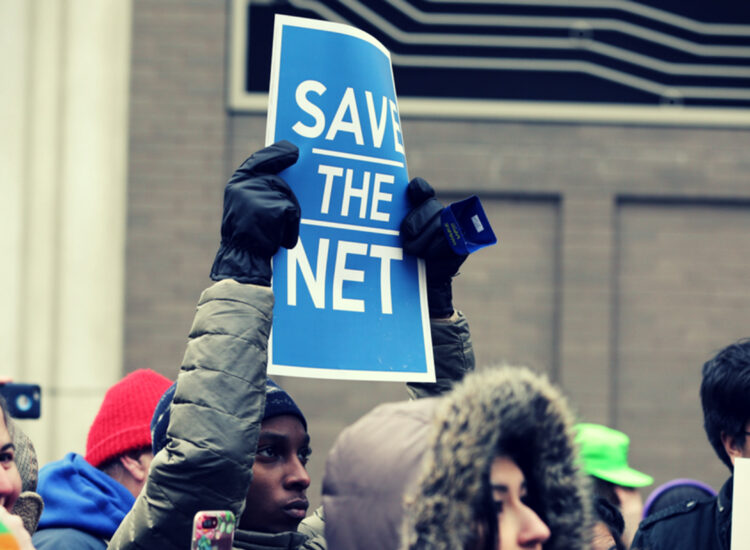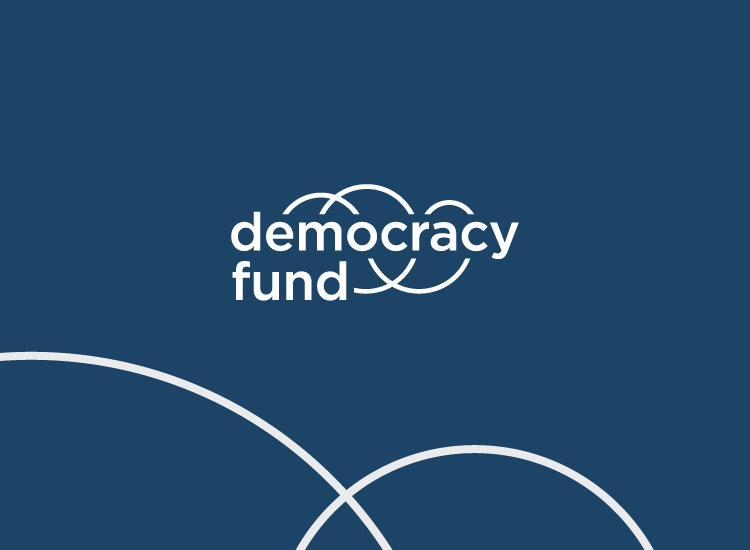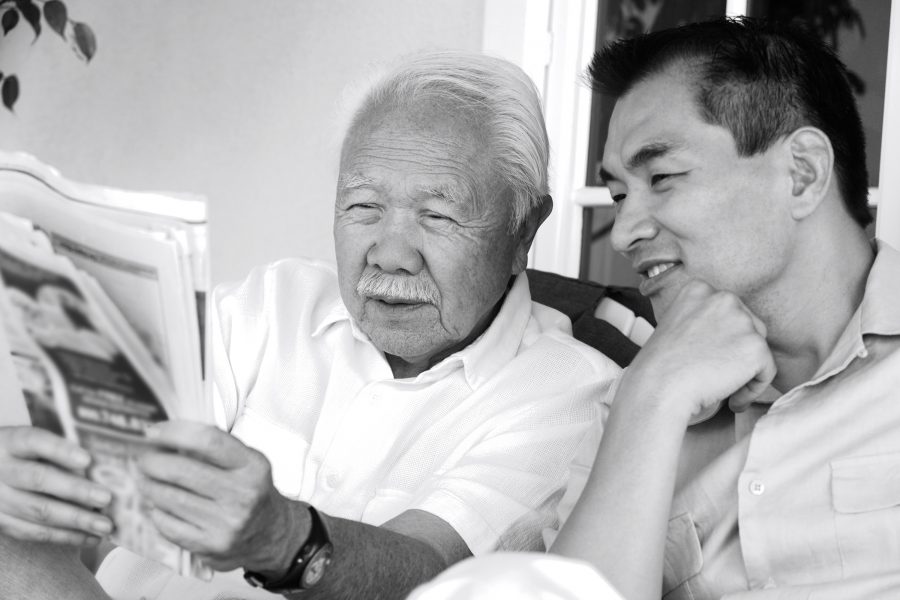Equitable Civic Infrastructure
Reimagining Media Policy
Policy decisions shape everything we read, watch, and hear. For too long, those decisions have worked for big media and tech and not for our democracy.
That’s why we need new media policy that’s driven by our communities.
Centering Communities of Color
Many of the government policies that shape our media are outdated, racist, and prioritize companies over communities. Bad policies have pushed women and people of color out of media ownership, allowed social media policies to grow unchecked, and made the internet less open and accessible. This makes it even more difficult for people to learn about local elections and be involved in their communities.
We are investing in a movement supporting communities of color who advocate for policies that ensure all people can build, enjoy, and access media and technology that meets their needs and serves them.
The Equitable and Civic Infrastructure Initiative invests in organizations strengthening our democracy by working on:
- Federal policy research and advocacy
- State and local organizing
- Communications and storytelling campaigns
Editorial Firewall Policy
Democracy Fund Editorial Firewall Policy
We adhere to a strict policy to honor the editorial independence of all our journalism grantees.
When a grantee approaches a member of our staff for comment, we will:
- Require them to go through our communications team — not a program officer.
- Alert the reporter of the funding relationship.
- Request that if they quote a member of our team, they disclose our funding of their organization in any story produced.
As part of our grant agreements, Democracy Fund communications staff will not:
- Send pitches to the nonprofit newsrooms we support.
- Discuss editorial content with journalism grantees or otherwise seek to influence their coverage.
We may alert newsroom leadership of Democracy Fund developments and news during regular engagement with grantees.
Explore Our Other Public Square Initiatives
Public Square strategies seek to ensure every community in the United States has access to accurate information that encourages healthy, informed, and engaged lives.
Civil and Human Rights Online
For many people, being online means being exposed to a toxic environment where hate speech and false information is unavoidable. As a result, racism, divisiveness, and voter suppression are growing. We can create a more inclusive internet, but first, social media companies must be held accountable.
Learn more about this effortJournalism and Power Building
The Journalism and Power Building initiative supports leaders of color and the coalitions and organizations they champion. These leaders are changing journalism and using media to launch movements for equity, justice, and democracy.
Learn more about this effortNews and Information Ecosystems
Journalism is more than a way to share information — it can be a way to spark pro-democracy movements. When reporters are deeply involved with the communities they report for and about, there is a greater understanding of what information drives people to become civically engaged and anti-racist.
Learn more about this effort




